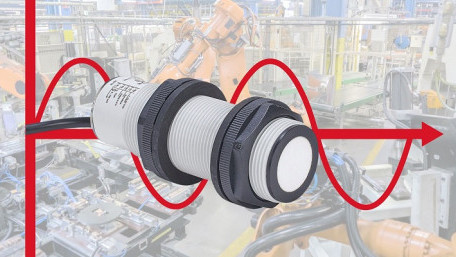
Many articles address the wiring and implementation of analog control signals, but where are they used, and what might make them a better (or perhaps worse)…
Many articles address the wiring and implementation of analog control signals, but where are they used, and what might make them a better (or perhaps worse) decision than digital input/output devices?
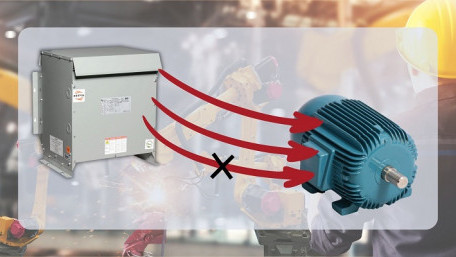
Using the right motor for the right task is critical - but what happens if the motor is connected to the wrong supply? It…
Using the right motor for the right task is critical - but what happens if the motor is connected to the wrong supply? It is never recommended, but important to quickly understand symptoms of incorrect wiring.
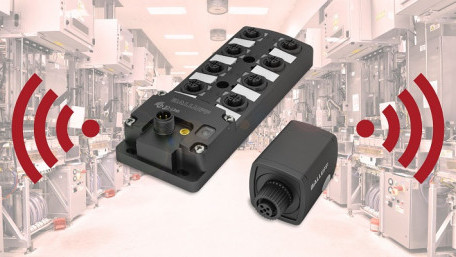
Wireless technology is typically slower to adoption for industrial automation, but what wireless advancements are shaping…
Wireless technology is typically slower to adoption for industrial automation, but what wireless advancements are shaping the current and future landscape of the automated factory floor?
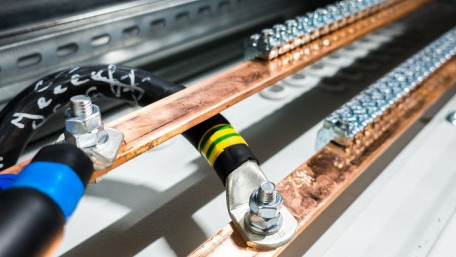
Ground wires reduce the risk of injury and damage from faulty equipment. Shops designing according to the UL 508A…
Ground wires reduce the risk of injury and damage from faulty equipment. Shops designing according to the UL 508A standard must understand how, when, and why to properly ground and bond circuits.
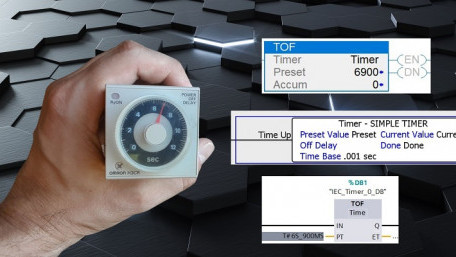
Measuring time delays between equipment events predates digital control systems. What are the types of timers, and how…
Measuring time delays between equipment events predates digital control systems. What are the types of timers, and how did they work before the advent of PLCs? And how do PLCs continue the tradition?
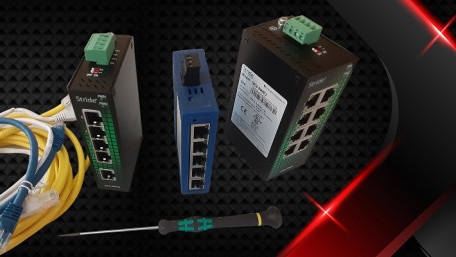
I could run down to the local box store or internet marketplace and buy a 5-port switch for less than 20 dollars, or…
I could run down to the local box store or internet marketplace and buy a 5-port switch for less than 20 dollars, or invest in an industrial switch for hundreds. Why would I choose the industrial switch?
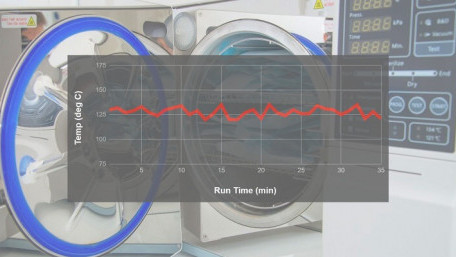
Temperature profiling is an effective tool to monitor thermal properties in process equipment. This article defines…
Temperature profiling is an effective tool to monitor thermal properties in process equipment. This article defines temperature profiling, discusses the process components, and describes the various benefits it offers.
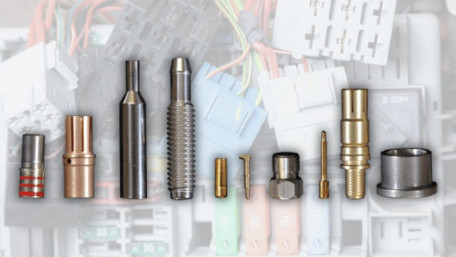
Selecting a suitable electrical connector is a process that is based on how you will terminate it to the system. This…
Selecting a suitable electrical connector is a process that is based on how you will terminate it to the system. This article provides advice on how to make the right contact selection for your industrial or robotic system.
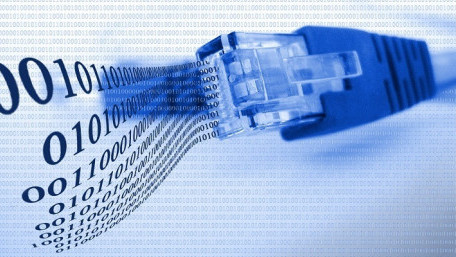
Errors in communications often manifest as a result of electrical noise interrupting the data during the transmission…
Errors in communications often manifest as a result of electrical noise interrupting the data during the transmission process, leading to various methods for determining whether received data has been damaged.
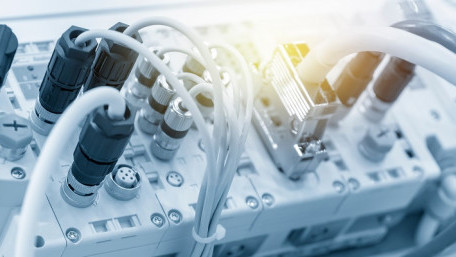
Industrial and robotics cabling requires specialized termination strategies. This article introduces connectors involved…
Industrial and robotics cabling requires specialized termination strategies. This article introduces connectors involved in automation applications for cable-to-cable or cable-to-device termination.
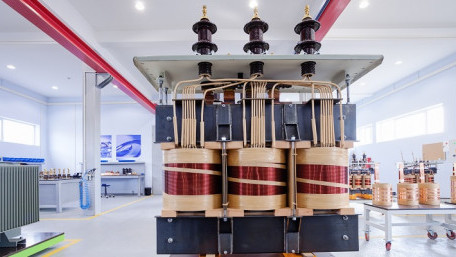
Transformer types can vary from small instruments to large power distribution systems. 3-phase systems require…
Transformer types can vary from small instruments to large power distribution systems. 3-phase systems require transformers that employ the same wye and delta arrangements common to industrial motors.
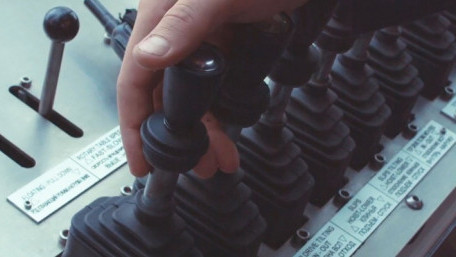
We usually think of joysticks in terms of video game controllers, but they exist in all kinds of industrial systems:…
We usually think of joysticks in terms of video game controllers, but they exist in all kinds of industrial systems: heavy equipment, overhead cranes, and even some robotic controls. But how do they work?
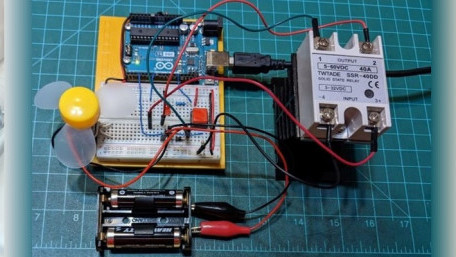
Variable control allows external conditions, like temperature, to be monitored so the controller can activate devices to…
Variable control allows external conditions, like temperature, to be monitored so the controller can activate devices to heat or cool the system as needed. Simulate a temp controller with low-cost components!
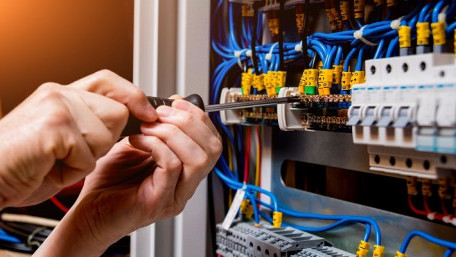
Designing, installing, and maintaining control systems involves a lot of wires. Each wire has a purpose, often indicated…
Designing, installing, and maintaining control systems involves a lot of wires. Each wire has a purpose, often indicated by the color of the insulation. But what are the common colors, and what do they mean?
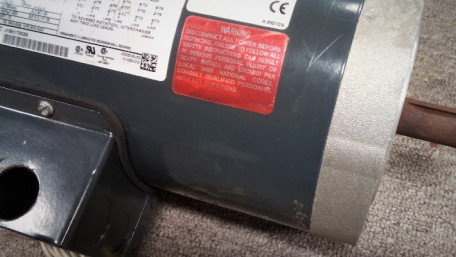
Large motors require a circuit to turn on and off. This may be as simple as a single on/off drum-type switch or as…
Large motors require a circuit to turn on and off. This may be as simple as a single on/off drum-type switch or as elaborate as a VFD unit. Learn about some common control circuit designs for typical three-phase motor requirements.
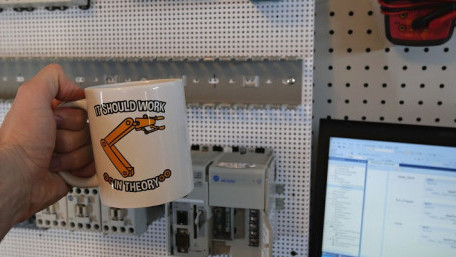
We are taught that parallel circuits maintain equal voltage across all branch resistors, equally sharing the source…
We are taught that parallel circuits maintain equal voltage across all branch resistors, equally sharing the source voltage. But reality is often far from ideal, and individual devices certainly impact the rest of the circuit.
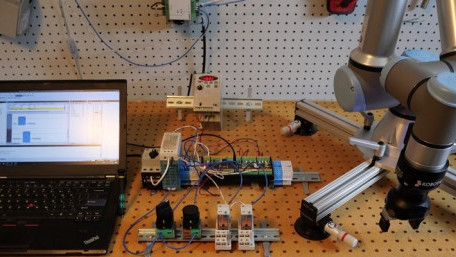
Previously, we described how to use the new Arduino PLC IDE to control discrete devices. This tutorial will describe how…
Previously, we described how to use the new Arduino PLC IDE to control discrete devices. This tutorial will describe how to connect various peripheral equipment (VFD and robot) using analog inputs and outputs.
Coil, field winding, rotor, stator, eddy current… When it comes to motors, there are numerous terms that describe the…
Coil, field winding, rotor, stator, eddy current… When it comes to motors, there are numerous terms that describe the theory of operation, but what is inside a 3-phase motor? Take a look, and learn how they work.
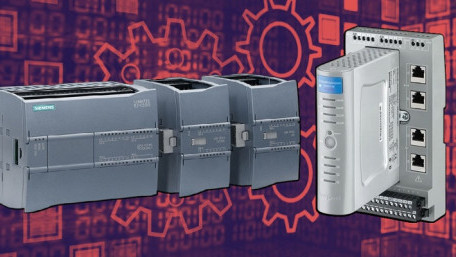
Despite the many overlaps, PLCs and RTUs are two different devices, each with specific suitable applications.
Despite the many overlaps, PLCs and RTUs are two different devices, each with specific suitable applications.
You are bound to encounter two terms associated with sensors and some loads: ‘NPN’ and ‘PNP’. You must understand…
You are bound to encounter two terms associated with sensors and some loads: ‘NPN’ and ‘PNP’. You must understand the relationship between the field device and the control module in order to choose and install components properly when needed.
